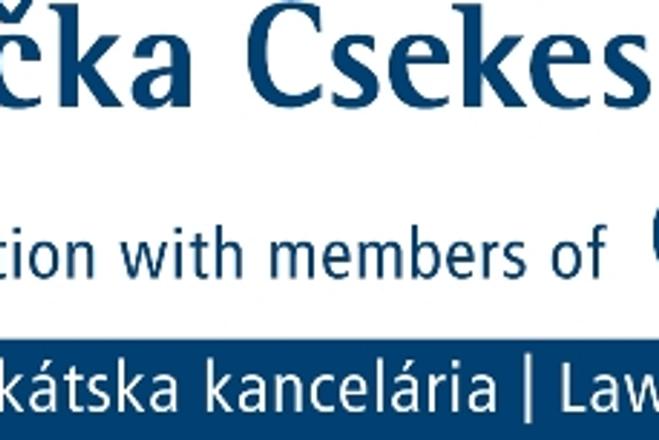Slovak business and citizens deal with the public authorities on an almost daily basis. However, sometimes the public authorities by their unlawful decisions and improper official procedure can cause real harm. Despite the superior position of the public authorities, their decision-making and also official procedure in this regard can be subject to punishment.
An effective way to prevent the harmful consequences of unlawful decisions and improper official procedure of the public authorities is undoubtedly the possibility to seek damages from the state, on the grounds of the institute of liability for damage caused during the exercise of public authority.
It is a special case of civil liability for damages which is an entirely objective liability, where there is no need to prove the state’s fault. The legal framework of this institute follows the constitutional grounds set out in Article 46 (3) of the Slovak Constitution as follows “Everyone shall have the right to compensation for damages caused by an unlawful decision of a court, of another public authority or of a body of public administration or by improper official procedure.” Subsequently, the Act No. 514/2003 Coll. on liability caused during the exercise of public authority (the “Act”) follows the above and provides the details.
Damage claims can be enforced against the state for the reason of damage caused by an unlawful decision of a court, of another public authority or of a body of public administration or by improper official procedure. Even though the term public authority includes not only executive powers and courts, but also legislative powers, under legal theory the issue of “legislative damage” cannot be included in this type of special damage liability. In practice there were several cases when a damage claim was sought against the procedure of the National Council of the Slovak Republic, in particular against passing, or dismissal, of a certain legal regulation respectively. On 1 December 2012, a legislative amendment is due to come into force removing the uncertainty in making claims for damages due to constitutional and other decisions and actions by the National Council.
Claims to seek damages caused by unlawful decisions or improper official procedures made or used by a government authority have to be brought against the state which will be represented by a relevant authority. There is no need to prove that the state is responsible for the damage; it is liable for the decisions and actions of the various public authorities and bodies to simplify the process and save claimants the difficulty of deciding whom to sue.
Under the Act claims can be brought against the state for damages caused during the exercise of public authority by:
a)unlawful decision
b)unlawful arrest, detention or other deprivation of liberty
c)a decision regarding punishment, protective measure or imprisonment, or
d)an improper official procedure.
For each of the above reasons, the Act provides the specific conditions which must be satisfied in order to enforce the claim. This regulation represents a special regulation in relation to the general regulation on damage liability included in the Civil Code. The Civil Code only applies to claims insofar as they are not regulated by the Act.
Claims are brought by filing a written application for damages with the relevant authority representing the state under the Act. If it fails to satisfy the claim within six months of receiving the application, the claimant can seek damages in court. The authority is not bound to follow a particular procedure, so it can choose to ignore the application or dismiss it without giving any reasons. In practice, this stage achieves little but increases the claimant’s procedural burden. From 2004 records from the Ministry of Finance show that only 50 out of more than 3,000 applications were settled at this stage. The others had no option but to take their claims to court, against the state.
Claimants are entitled to recover not only their actual loss, including any lost profit, but also financial compensation for any non-pecuniary loss. The courts have been inconsistent in their approach to assessing the value of non-pecuniary loss because the criteria for doing so are rather general and vague.
From 1 December 2012, new criteria will come into force stating that compensation for non-pecuniary loss may not exceed awards of compensation for criminal injury (under Act No. 215/2006 Coll.). This will make the system fairer, but benefit the state by removing any possibility of additional enrichment.
If a claimant is successful in court, the state can recover any damages award against it from the authority which made the unlawful decision or improper official procedure, and the authority can in turn recover the award from any employees who were responsible for the damage. This is intended to ensure that individuals take greater care to avoid unlawful acts or decisions in the first place.
by Mgr. Jakub Križan, Ružička Csekes s.r.o.
This article is of an informative nature only. For more information please contact our Law Office:
Ružička Csekes s.r.o. in association with members of CMS Tel: +421 (0)2 3233-4423, jakub.krizan@rc-cms.sk,www.rc-cms.sk


 (source: Courtesy of Ružička Csekes s.r.o. )
(source: Courtesy of Ružička Csekes s.r.o. )